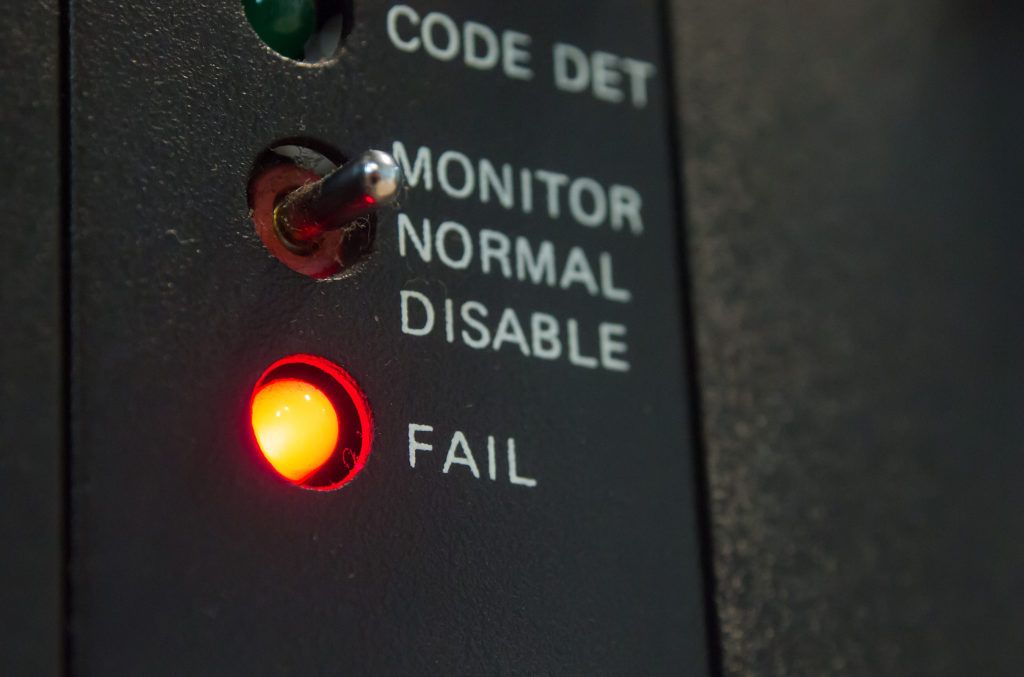8 Ways To Grow Deposits By Empowering Business Bankers
As competition for deposits continues to pick up, putting boots on the ground to proactively seek new business relationships will become increasingly important. To go out and get the business, some leaders are trying out new roles — specialists who focus solely on acquiring business banking accounts.
Deposit growth is hard, and it’s only going to continue getting harder. Non-interest-bearing deposits at banks and savings institutions declined by 2.3% in the third quarter of 2018, the largest quarterly decline since 2013, according to FDIC.
As the frenzied race for deposits continues, it won’t be long before financial institutions feel the pressure to start paying interest on business checking — something they’ve preferred to avoid for years. Not so long ago, the abundance of business checking accounts — a low-cost source of fuel for lending — was a welcome shot in the arm for boosting an institution’s profitability.
Can this be forestalled? With such intense competition for deposits and profitability erosion looming, banks and credit unions should be looking for an edge. They may find that edge in becoming more aggressive by sending someone to seek them out deposit relationships from businesses instead of waiting for these new accounts to just waltz in through the front door.
Business Development Officers (BDOs) could provide the next best method for capturing new banking relationships and with it those elusive — but critical — noninterest-bearing deposits. And never discount the power of the human touch in fostering long-term customer relationships.
Deposit-side BDOs can be a more effective strategy for developing long-term relationships than the traditional “hot money” enticements of boosting interest rates or offering big sign-up cash incentives. It’s not uncommon to see deposit BDOs add 5% or more annually to your deposit base.
To make this tactic work for your institution, you must recruit deposit BDOs with the right skills, and give them appropriate support, and some flexibility, in approaching the role. In some cases, management must make some choices before implementing this tool.
1. Value the relationships the BDO brings to the role.
Bank and credit union executives using deposit BDOs say that the critical skills needed for the position include high motivation, strong interpersonal talents, the ability to articulate the institution’s products and brand, and having connections in the community.
The most important qualification is having community connections. For example, one financial institution’s star deposit BDO is a former real estate broker who has established relationships with local homebuilders, title companies, and other movers and shakers.
2. Give them rate flexibility — up to a point.
While most banks and credit unions don’t give inexperienced BDOs much leeway to alter deposit rates, you may want to give those experienced BDOs some flexibility to negotiate rates based on the size and profitability of a relationship.
However, caution and oversight by management and the board’s Asset Liability Committee is imperative, as BDOs always try to find ways to outperform goals — especially when commissions are involved.
3. Use deposit BDOs in multiple roles.
Some institutions, like River City Bank in California, are using their deposit BDOs in a dual role, serving as a generator of their cash management business, or other related services, in addition to deposits.
For a dual role, hire someone with more industry or technology experience. Since some BDOs are so well known in the community, they might also serve as relationship managers for certain accounts, especially those high-value accounts where there’s an opportunity to expand relationships.
Keep reading on The Financial Brand.
Subscribe to CCG Insights.








